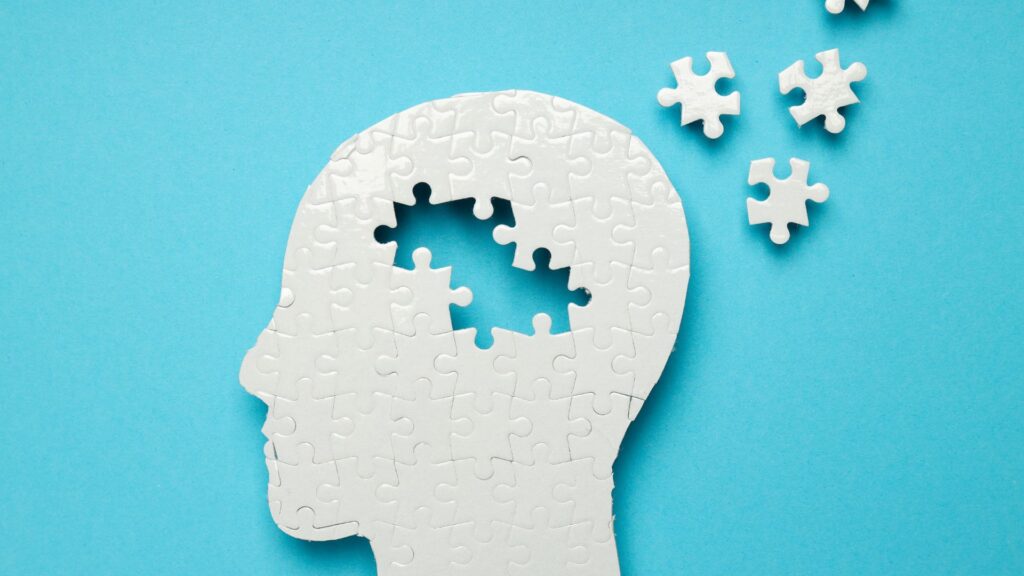
Anoxia is a serious medical condition characterized by a complete lack of oxygen supply to the brain. When oxygen deprivation lasts for more than four minutes, significant brain damage can occur. This condition, much like Traumatic Brain Injury (TBI), can result in severe cognitive impairments and long-term disabilities if not treated promptly. Both conditions often require specialized rehabilitation, including speech therapy to address language and communication challenges, and occupational therapy to help patients regain independence in daily activities. At Talking Brains Center in Dubai, our multidisciplinary team is dedicated to supporting individuals affected by anoxia, TBI, and other neurological conditions, ensuring the best possible outcomes for recovery.
Anoxia can result from various events or conditions, including:
The symptoms of anoxic brain injury often begin with loss of consciousness or a coma. If the individual regains consciousness, they may experience:
Memory Impairment: Damage to the hippocampus, leading to challenges in learning new information.
Dysexecutive Syndrome: Difficulty with decision-making, problem-solving, and task management.
Emotional and Personality Changes: Mood swings, impulsivity, lack of empathy, and emotional instability. Behavioral changes such as irritability, tantrums, and childlike behavior.
The recovery journey for anoxic brain injury varies depending on the severity:
Rehabilitation Programs:
Extent of Brain Damage: The severity and location of the injury significantly affect recovery prospects.
Age and Overall Health: Younger and healthier individuals tend to recover more effectively.
Timely Medical Intervention: Early treatment can minimize brain damage and enhance recovery outcomes.
Anoxia is a complex and severe condition that can drastically impact brain health and quality of life. Early diagnosis, rapid medical intervention, and multidisciplinary rehabilitation are crucial for improving outcomes for individuals with anoxic brain injuries.
If you or a loved one has experienced anoxic brain injury, the Talking Brains Center in Dubai offers specialized therapies to aid recovery and enhance quality of life. Contact us today to learn more about our customized treatment programs.